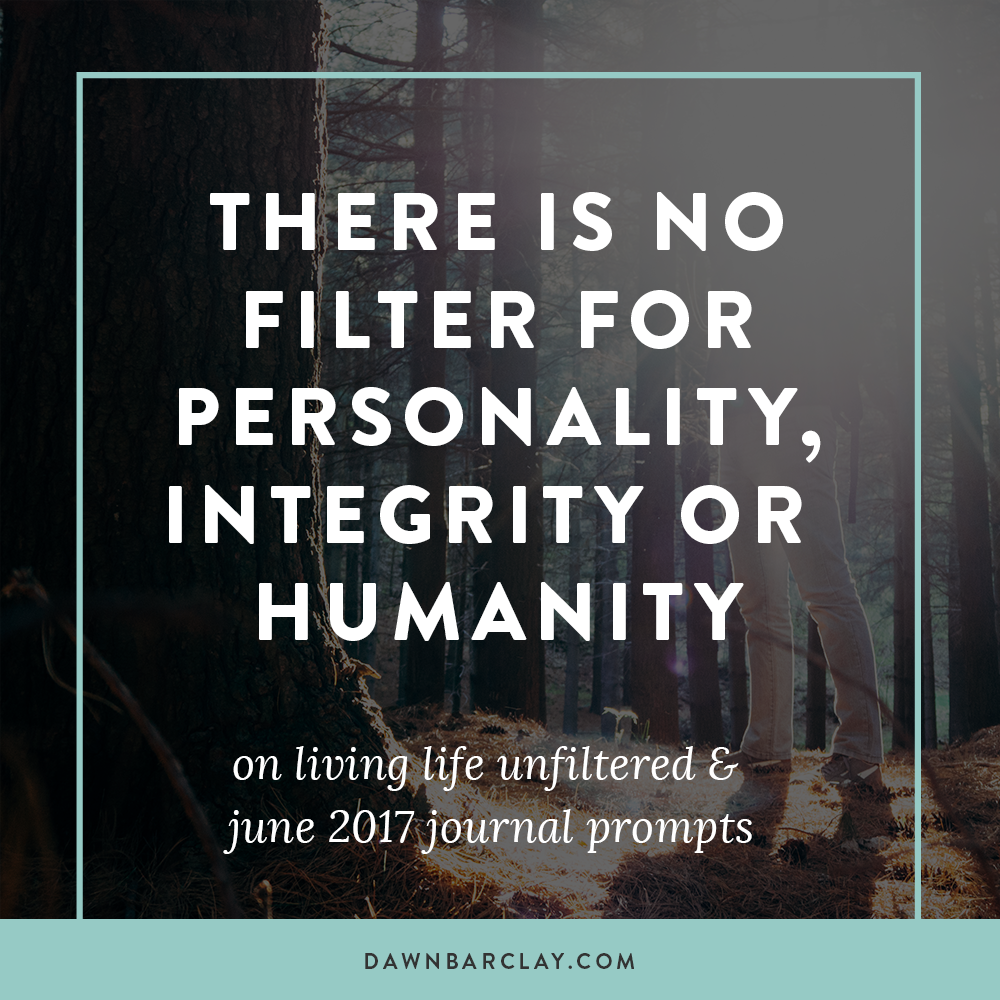As I type there is a little button called distraction free writing mode when I click it all the clutter that is normally on the screen disappears. Boosh. Gone.
That button offers me a blank space to type. The theory is it’s supposed to help me pay attention and focus on the writing and nothing else. It’s filtering out for me the clutter.
Impressively, your brain does a superb job of filtering: leaving out and letting in information that is hitting all your senses from the external world. If it didn’t you would become overwhelmed at all the stimuli out there.
Your brain selects and filters what does and doesn’t need your attention.
That 3lb muscle has a better spam filter than any email programme: not important- straight to trash – bypassing the inbox.
It’s a v-e-r-y good thing that you can selective filter. Heck, it’s critical. You can’t attend to everything.
But.
I’ve been thinking.
- What are you/I leaving out?
- What are you/I missing?
The theory behind selective filtering is we generally pay attention to people, information, ideas, beliefs, attitudes, perceptions that already match our own world views.
Living Life Unfiltered isn’t about having no filters.
It’s a simple knowledge that we do actually filter.
The awareness that we do not have all the information: what we are paying attention to already ‘fits’ with what we currently believe.
You know, it took me 2 years to notice that distraction free writing button.
It had always been there, I simply didn’t see it.
I try to remember now that everything I am seeing (perceiving and filtering) others are looking at the world entirely differently using their own little filtration system they have going on.
I can help my own learning by trying to see things that I have never seen before, I can help myself by trying to understand and not judge. That when something gets through a filter, when I do notice that it’s against my current beliefs, values and perceptions I can look at it. To question my own.

In truth, it doesn’t always work that way. I miss. I leave out. My beliefs are deep. We can be so afraid to admit we are wrong. Maybe we need to start by asking, ”Is there another way I can look at this?’
The answer is always yes. But do we really want to know?
Leave a Reply